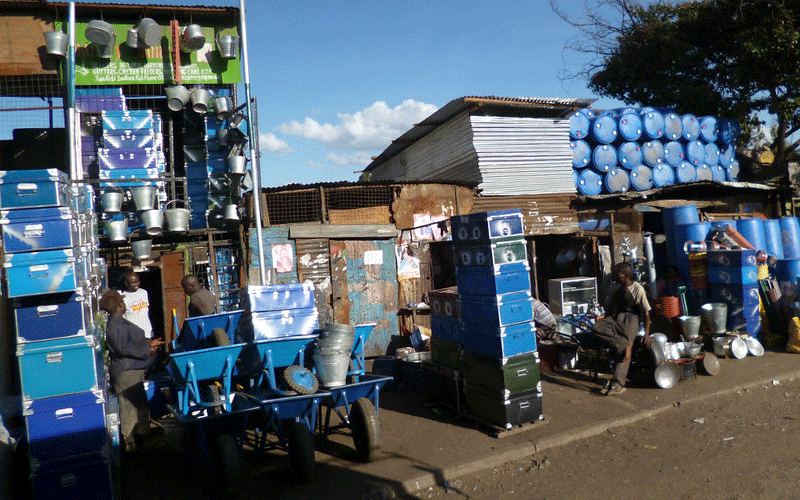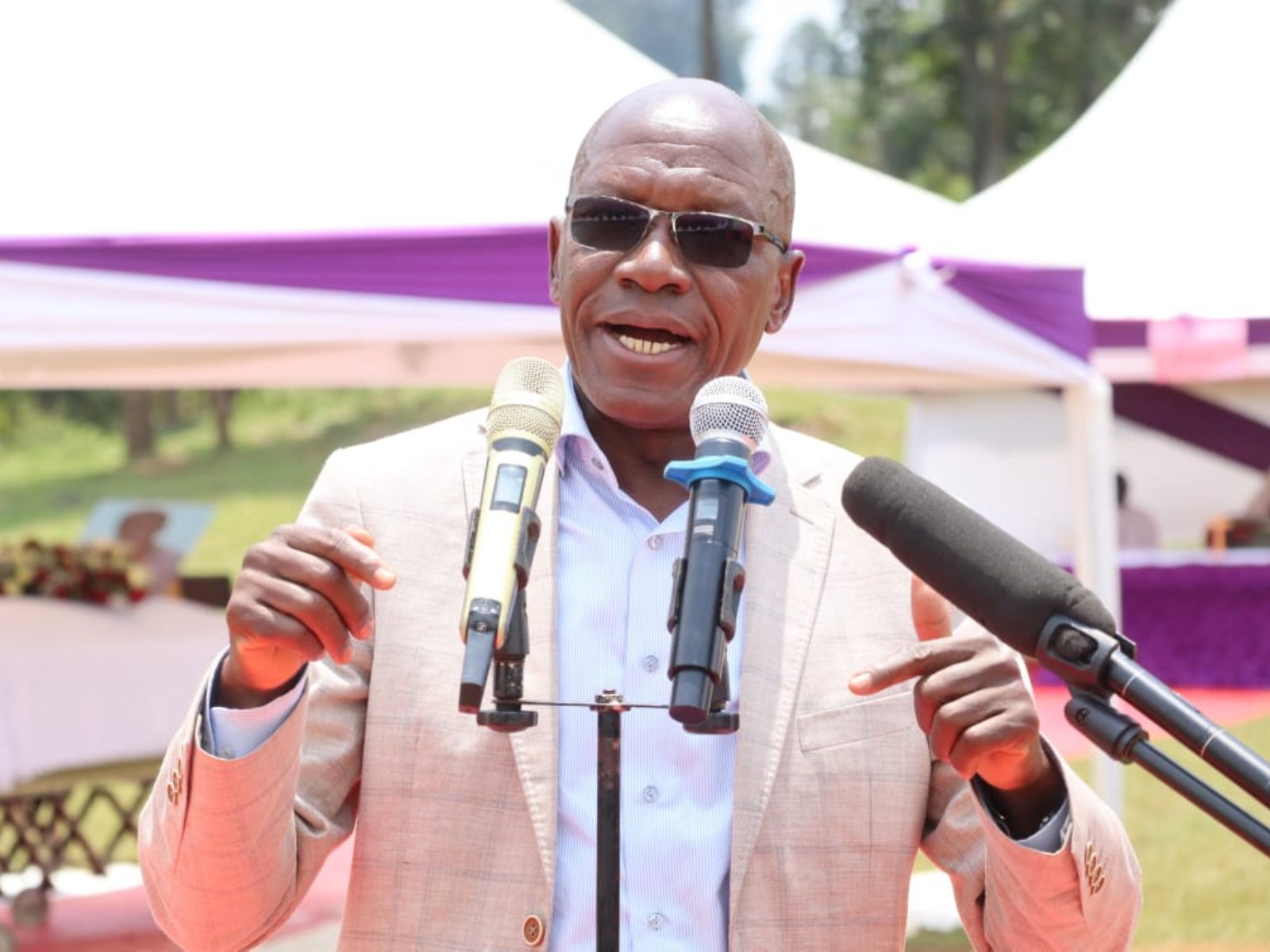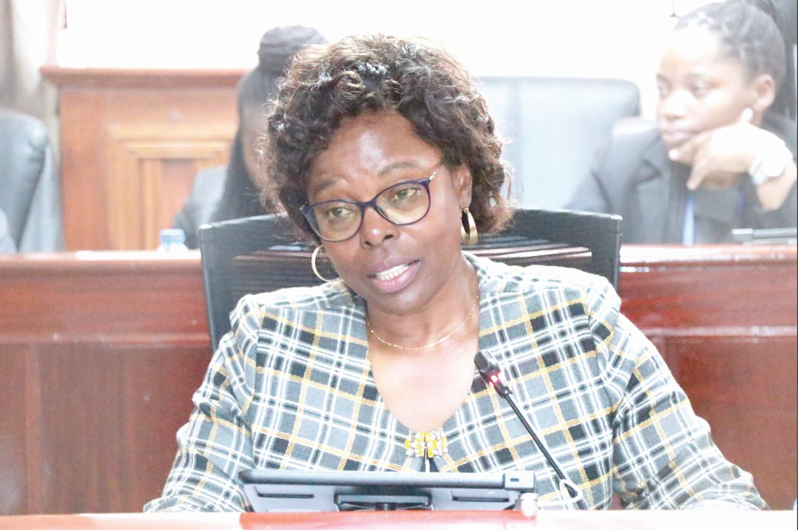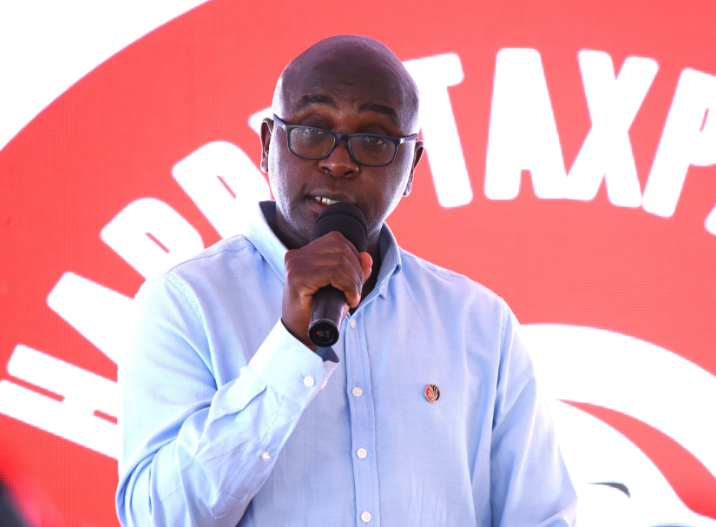Heavy domestic borrowing, unpaid bills deny SMEs cash

Lewis Njoka @LewisNjoka
Delayed payment by national and county governments coupled with heavy domestic borrowing are making it difficult for small and medium enterprises (SMEs) to access credit, a report has revealed.
According to a recent survey by Viffa Consult dubbed SME Access to Finance 2020, Kenya is yet to attain its desired levels of access to finance among SMEs, despite several interventions to unlock cash.
The efforts to improve access to credit were further hampered by the onset of the Covid-19 pandemic which has caused unprecedented havoc to the economy with SMEs bearing the brunt of it.
“Kenya SMEs continue to struggle with accessing business finance. In the last four years this was more pronounced due to external factors such as heavy domestic government borrowing, delayed payment by county and national governments and interest rate cap among others,” reads the Viffa report in part.
Budget Appropriation
Central Bank of Kenya (CBK) data reveals that domestic debt rose from Sh2.79 trillion in June 2019 to Sh3.18 trillion in June 2020.
As at end-March 2020 pending bills alone were estimated at Sh368.9 billion, according to the Budget Appropriation Committee (BAC).
The Viffa report says most of the SMEs (43 per cent) in the past one year received funding from owner savings followed by family and friends at 21 per cent.
Business profit was the third most popular source of finance for SMEs at 9 per cent.
Grants and angel funding, which stood at about 20 per cent and 7 per cent respectively in 2019, were largely unavailable to SMEs this year.
“SME growth may continue to stagnate due to over-reliance on business financing of savings, profit and family-friends which are not only limited in terms of ticket size but also short term meaning SMEs will miss opportunities to unlock value by investing in innovation and assets which are mostly big ticket and long term in nature,” says the report.
Samuel Nyandemo, a senior Economics lecturer at the University of Nairobi observes that heavy domestic borrowing by the government makes loans more expensive taking them out of reach of most SMEs.
“Once there is heavy domestic borrowing particularly from the government, it stifles credit availability.
The small scale businessmen are crowded and the available funds become expensive because commercial banks prefer to deal with the government.
Nyandemo said a majority of small-scale businesses are owed huge debts by the county governments reducing their ability to continue doing business and service loans which makes it difficult to access credit.
Inability to access finance, says the report, is pushing SMEs towards mobile money which is easier to tap without collateral requirements and convenience.
A nine per cent increase in the uptake of mobile wallet was reported between 2019 and 2020.
“Although banks have retained top spot as preferred location for business related funds there has been a significant 29 per cent point drop between 2019-2020 possibly due to increased uptake of mobile money as well as continued emergence of chama saving groups,” says the report.
According to the 2019 Finaccess Survey, formal financial inclusion has risen to 82.9 per cent, up from 26.7 per cent in 2006, most driven by mobile money, while complete exclusion has narrowed to 11 per cent from 41.3 per cent in 2006.
Several initiatives
The year 2020, according to the Viffa report, was projected to be one when things look up for SMEs on the back of several initiatives meant to improve their access to funding but this did not come to be.
These included the repeal of interest rate cap, establishment of credit guarantee scheme, payment of pending bills owed to SMEs, setting up of SME fund, SME loaning through Stawi, and financing opportunities through African Development Bank among others.
Stawi is a mobile Loan app that offers unsecured financing to SMEs launched by CBK in partnership with five local commercial banks early this year.












